Growing VietGAP vegetables, profits increase by 40%
There was a time when VietGAP certification was considered by many as a “passport” to bring agricultural products into supermarkets, restaurants, and reach urban consumers. But when the initial halo gradually faded, the question was: After certification, will farmers still maintain the essence of VietGAP as in the early days?
A delegation of officials from the Department of Crop Production and Plant Protection of Binh Duong inspected 8 VietGAP models in Phu Giao district.
In Binh Duong - where nearly 500 models have achieved VietGAP certification, the story does not stop at a piece of paper hanging on the wall. There, many farmers still quietly maintain safe farming processes, despite the concerns about output, costs and pressure to re-certify each year.
On a scorching hot day in mid-May, a delegation of officials from the Department of Crop Production and Plant Protection of Binh Duong province and local authorities went to An Binh and Tam Lap communes (Phu Giao district) to supervise 8 models that had been granted VietGAP certification. Unlike a dry inspection, the trip was more like a conversation between fellow farmers. The story unfolded from each diary of fertilization records, carefully preserved pesticide packaging, and even the concerns when clean products still had to be sold as regular vegetables.
Mr. Nguyen Thanh Minh, a producer in Tam Lap commune, sighed: “If I do VietGAP, I can be assured of safety and health. But every year I have to renew the certificate, I lose money, while the products I sell are the same as everyone else’s. I want to continue, but sometimes I get discouraged…”
Not only Mr. Minh, many other farmers are also struggling between ideals and reality. They know the value of safe agricultural products, of record keeping, pest control, and chemical reduction. But maintaining all of that while no one is really paying a higher price for the product is not easy at all.
Understanding that, Ms. Luu Dinh Le Thuy, Head of the Department of Crop Production and Plant Protection of Binh Duong province shared: “We do not monitor to punish. We want to accompany people to maintain quality after certification. VietGAP is not something to do once and then abandon, but must be lived in every vegetable bed, every batch of chickens, every pig”.
In that spirit, in addition to checking the current situation, the working group also provided technical advice, instructions on recording production logs using software, connecting product consumption through the OCOP program and trade promotion activities. Many households expressed their desire for further support in marketing, electronic traceability and stable product consumption links.
Phu Giao district is currently leading Binh Duong province with 135 VietGAP models. That is not just a number, but a testament to a systematic and sustainable approach, from training to raising awareness. Mr. Tran Van Cua, Deputy Head of the Department of Agriculture and Environment of Phu Giao district shared: “We are encouraging cooperatives and association groups to sign long-term product consumption contracts with businesses. When there is a stable output, people will feel secure in maintaining VietGAP standards.”
But to prevent VietGAP from dying prematurely like many previous models, a comprehensive support ecosystem is needed. The government can support part of the recertification costs, but the market is the deciding factor. If clean products are not clearly differentiated and the selling price is still the same as regular vegetables and meat, those who follow the standards will suffer.
Ms. Dinh Thi Hang, a vegetable grower in An Binh commune, shared: “Sometimes I see people not doing things properly, spraying pesticides everywhere but selling at a higher price because the product looks nice, it hurts to see. But I still try to keep it, because I grow it for my children and grandchildren to eat first.”
That thought, seemingly small, is a great motivation for the VietGAP journey to continue uninterrupted. It is no longer a matter of technique, but a story of trust and responsibility. In a time when food is full of risks, farmers who persist in maintaining standards are the “gatekeepers” for safe meals for the community.
Source: http://baovinhphuc.com.vn/Multimedia/Images/Id/128847/Giu-chat-VietGAP-sau-chung-nhan


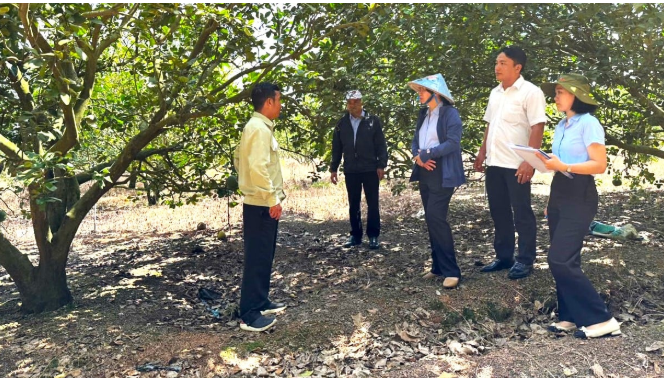




![[Photo] Prime Minister Pham Minh Chinh attends the event "Digital transformation of the banking industry by 2025"](https://vphoto.vietnam.vn/thumb/1200x675/vietnam/resource/IMAGE/2025/5/29/0e34cc7261d74e26b7f87cadff763eae)



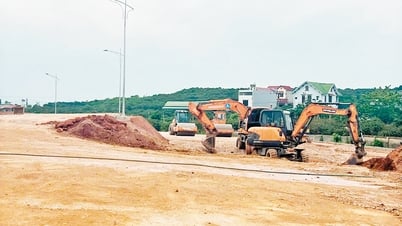

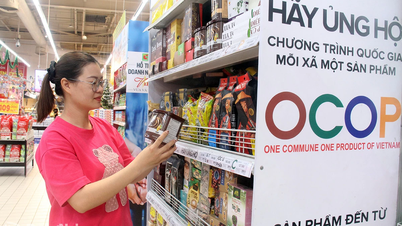





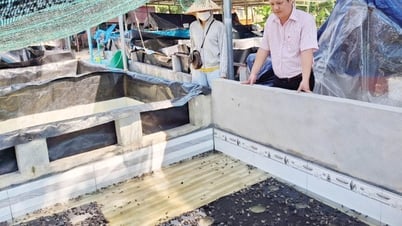








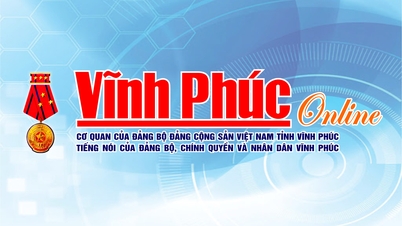
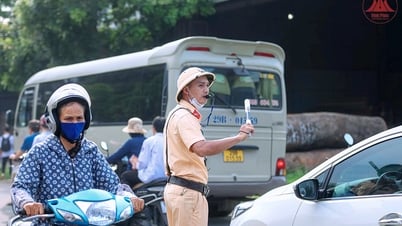
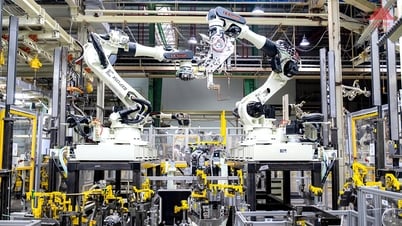
![[Photo] Prime Minister Pham Minh Chinh receives leaders of Excelerate Energy Group](https://vphoto.vietnam.vn/thumb/1200x675/vietnam/resource/IMAGE/2025/5/29/c1fbe073230443d0a5aae0bc264d07fe)






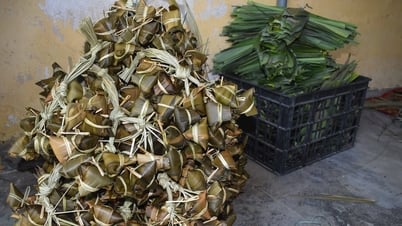













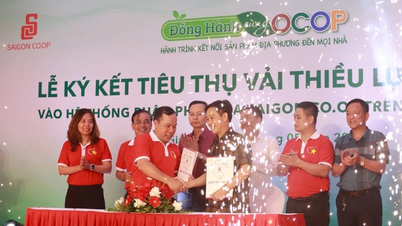




















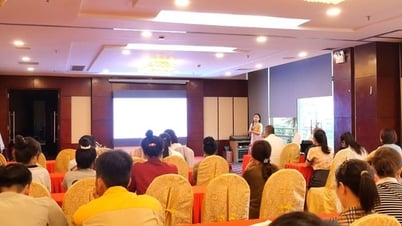

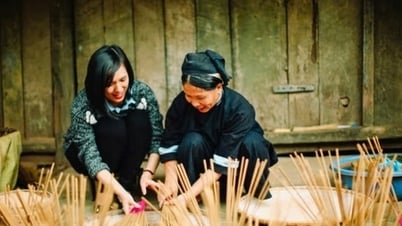


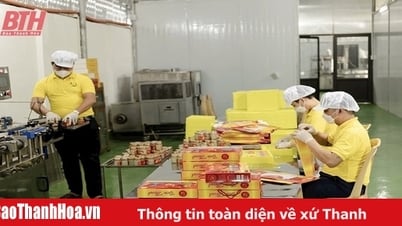




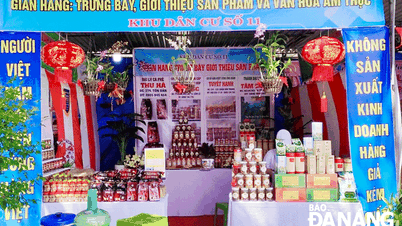

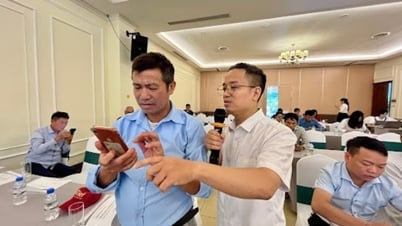
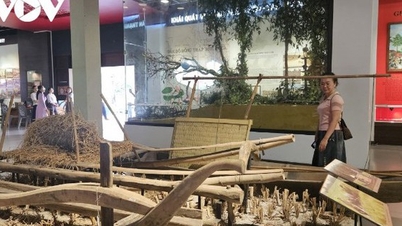





Comment (0)